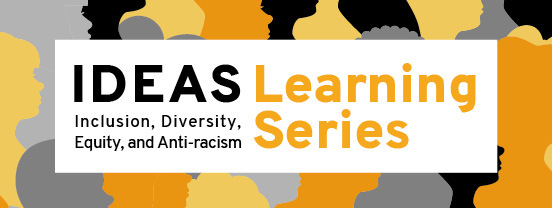
Utilizing AI for the Medical Education Classroom - April 30
-
Register
- User - Free!
AI is transforming medical education, with applications as an active tool within the classroom, as well as for curriculum development, assessment, study tools, communication skills development and much more. During this session, panelists will explore emerging applications of AI that impact the classroom, including the development and delivery of curriculum and the assessment of learning. Examples will be shared from varying perspectives and institutions, including content creation, study tools, communication development, and use of AI for methodologies such as case-based learning and simulation. We’ll also examine the possibility of AI-driven assessment technologies, shedding light on practical uses and where they have potential in the comprehensive evaluation of both students and components of educational programs.
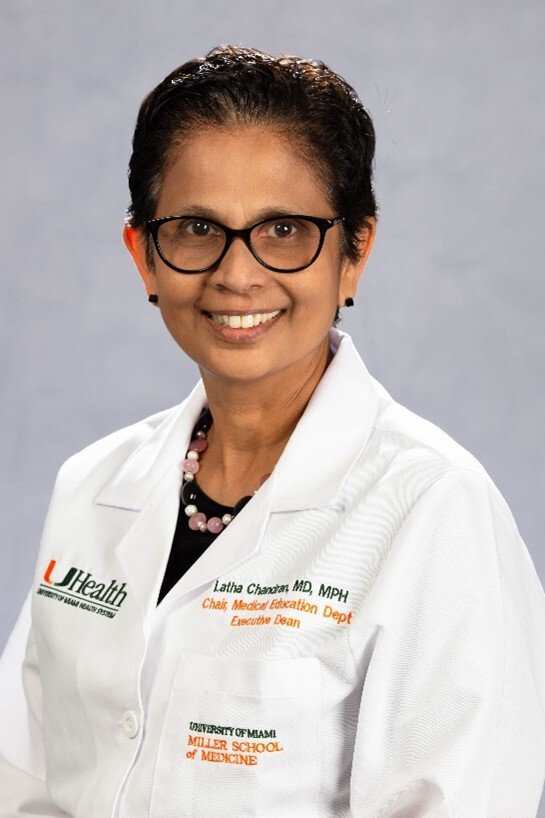
Latha Chandran, MD, MPH, MBA
Executive Dean for Education and Policy Founding Chair, Department of Medical Education, University of Miami Miller School of Medicine
Dr. Latha Chandran is the Executive Dean and the Founding Chair of the Department of Medical Education at the University of Miami Miller School of Medicine. Nationally, she served as past President of the Academic Pediatric Association and as past Vice Chair of the National Board of Medical Examiners.
Dr. Chandran received her medical degree from Trivandrum Medical College in India, her MPH from Johns Hopkins University, and her MBA from the University of Miami. She served in various leadership roles at Renaissance School of Medicine Stony Brook University, most recently as the Vice Dean for Academic and Faculty Affairs and the Miriam and David Donoho Distinguished Teaching Professor. In addition to educational scholarship, her writings have focused on Professional Identity Formation among medical students and Humanism in Medicine. A tenured educator scholar who has received numerous teaching awards, Dr Chandran is the founding co-director of a national award-winning three-year faculty development program- the Educational Scholars Program- for junior pediatric educators. Dr Chandran’s additional areas of interest include technology and artificial intelligence in education.
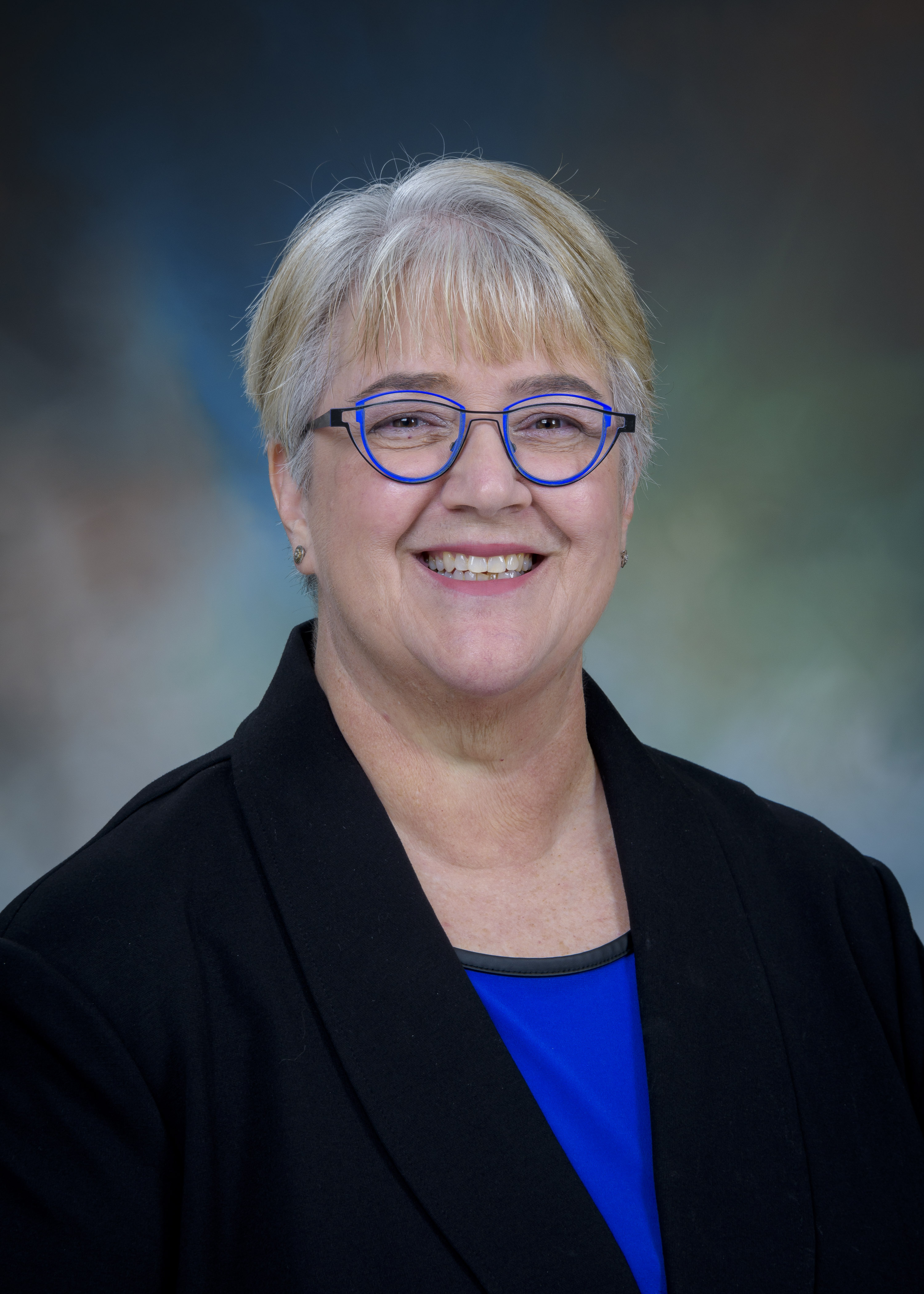
Kathleen Everling, PhD
Senior Medical Educator, Office of Educational Development Adjunct, Assistant Professor of Pediatrics, University of Texas Medical Branch (UTMB) Health
Kathleen M. Everling, PhD, is an educator with experience at all levels of education, having worked in K-12 and higher education as a faculty member and administrator before transitioning to medical education. Dr. Everling received her MA in Cross-Cultural Communications from the University of Houston-Clear Lake, MEd in Educational Psychology, and PhD in Education Curriculum and Instruction from Texas A&M University. She is the medical educator responsible for the course and program evaluations for the John Sealy School of Medicine. She is the co-director of the TechTime faculty development series on technology utilization in education for the school of medicine. Dr. Everling also serves as a faculty member in UTMB’s Scholars in Education program, an 18-month faculty development program. In addition, Dr. Everling has conducted workshops and presentations at local, regional, national, and international conferences and meetings on a variety of educational topics, including incorporating AI into health professions education.
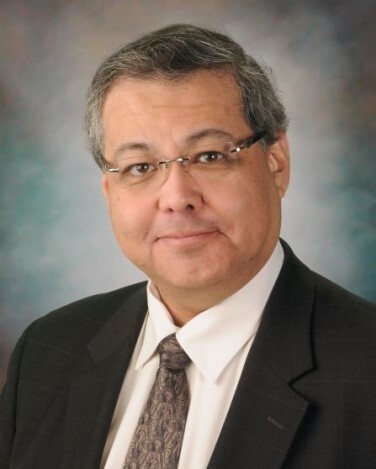
Ronald Rodriguez, MD, PhD
Professor, Henry B. & Edna S. Dielmann Memorial Professor of Urologic Science, UT Health San Antonio
Dr. Ronald Rodriguez received his BS degree in Life Sciences from the Massachusetts Institute of Technology (MIT) in 1984. He obtained his Ph.D. in Cell Biology from Baylor College of Medicine in 1990, and his MD from Baylor College of Medicine in 1992 as part of the Medical Scientist Training Program. After medical school, Dr. Rodriguez entered Johns Hopkins University School of Medicine in 1992 and completed his residency and fellowship training in 1998. He subsequently stayed on faculty at Johns Hopkins from 1999-2012. During his last seven years at Johns Hopkins, he was the program director for urology training. In January 2013, he left Johns Hopkins to become the Henry B. and Edna Smith Dielmann Memorial Professor of Urologic Science at the UTHSCSA and Chair of the Department of Urology. In 2017 he became the interim Dean for the UTHSA School of Medicine. In 2018, he developed end stage renal disease, and step down from leadership positions for health reasons. He subusequently limited his clinical duties and focused on medical education. He joined the Department of Medical Education, and initiated a program in Artificial Intelligence, culminating in the nations first dual degree program MD/MSAI. Dr. Rodriguez is a highly experienced urologic surgeon with expertise in urologic oncology, particularly focusing on prostate and kidney cancer. He is a world expert in the use of cryoablative technologies for kidney and recurrent prostate cancer. He is also an expert in the care of urologic cancer patients, including kidney, prostate, bladder, testes and adrenal cancers. He currently has limited clinical duties in urologic oncology, general office urology, hypogonadism (low testosterone), sexual dysfunction and urinary difficulties. In addition to his clinical practice, he maintains an active research laboratory with interests in the role of oxidative damage in the development of aggressive kidney cancer, immune regulation of kidney cancer, health disparities research, community outreach particularly with education of underserved students, and the use of AI as a means of augmenting medical education, medical research and clinical support.
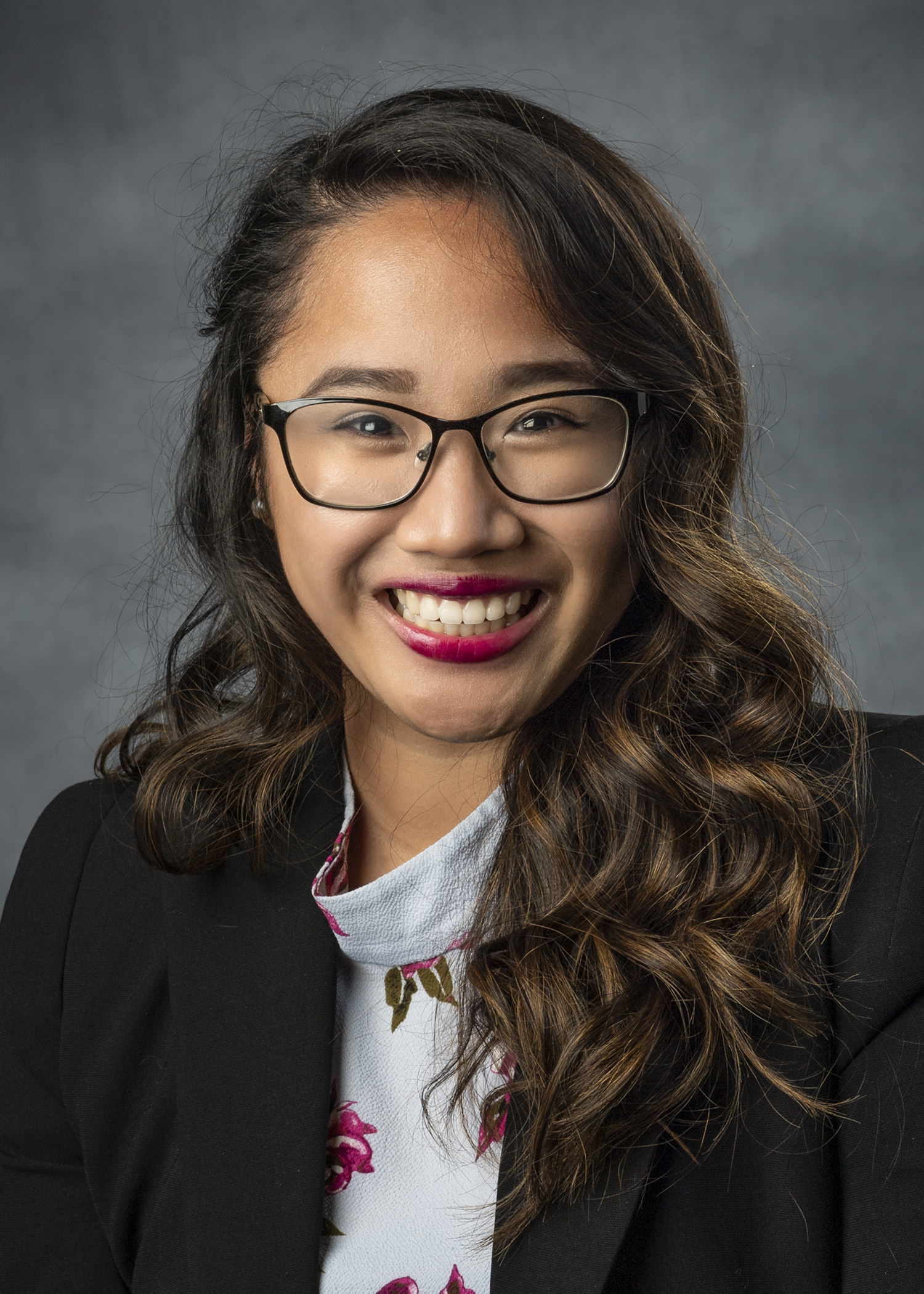
Annelise M. Silva, MD EdM
National President, The American Medical Student Association
Annelise M. Silva is the National President of the American Medical Student Association (AMSA). She is a recent graduate of the Boonshoft School of Medicine at Wright State University and obtained her Master of Education in Curriculum and Teaching with an emphasis in general science education from the Wheelock College of Education and Human Development at Boston University. She is an alumna of the Teach for America corps in Massachusetts, a former PIER scholar of the American College of Radiology, and was the founding Vice Chair of the Young and Empowered Women’s Association. In addition to her role at AMSA, she serves on the visual abstract editorial team of RadioGraphics and is the student co-lead of the Society of Abdominal Radiology Medical Student Outreach Committee (SARMO). Annelise’s research has mostly focused on the assessment of bioimaging markers for personalized radiogenomics and the design/implementation of various radiology education pathway initiatives for medical students.
